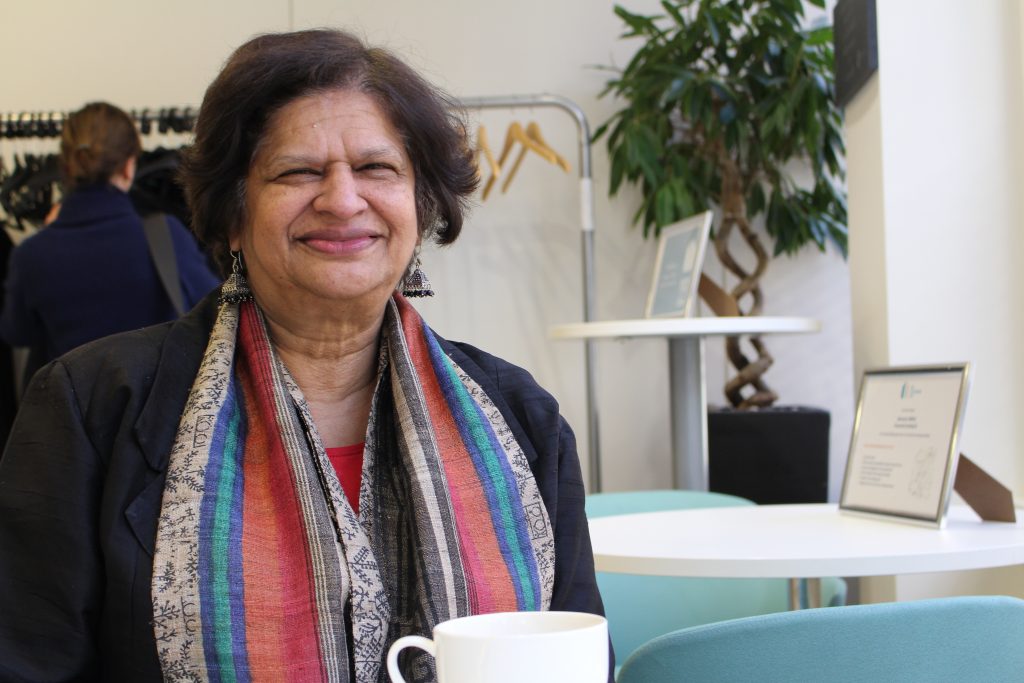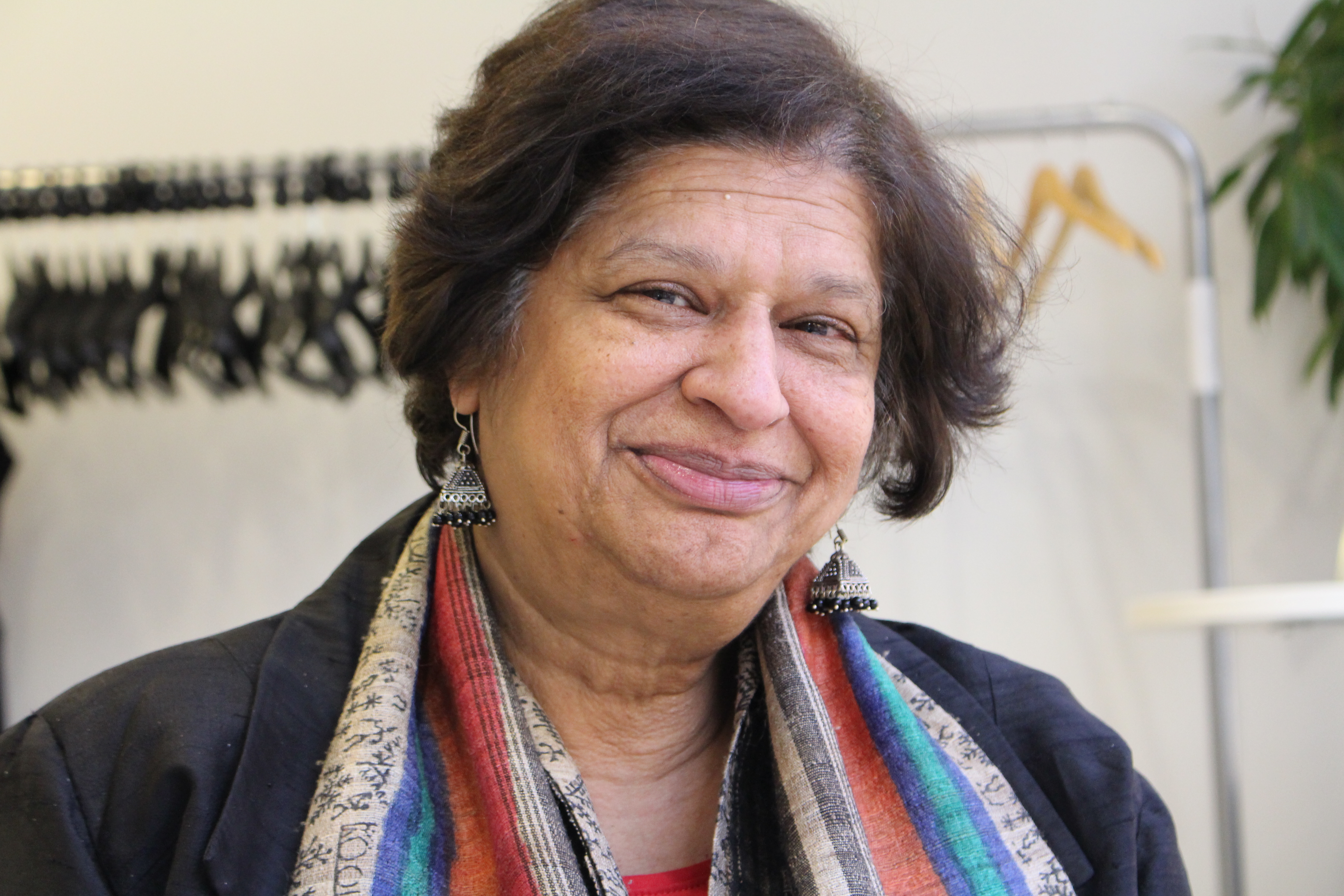Even if you don’t think of yourself as an expert on human rights, there are probably a few specific things which come to mind. The right to life, for example, is often seen as one of our most fundamental protections – after all, we can’t exercise the rest of our human rights without it.
Similarly, there are certain things we all just instinctively know are are wrong, like torture. And then there are the things that constantly bubble up into public debate, such as freedom of expression, more commonly termed as the right to say whatever you want.
These all fall into our civil and political rights, which are protected by the Human Rights Convention. But then there are the things which don’t seem to command the same attention – namely social and economic rights.
Just As ‘Real’ As Other Rights

Image Credit: Nicole Mason / Unsplash
Social, cultural, and economic rights, however, are just as real as other rights. They cover things like the right to food and water, to have a roof over your head, and to adequate healthcare. These are all part of the International Covenant on Economic, Social and Cultural Rights, which the UK has signed up to.
So why is it that we don’t think of them as rights? According to Virginia Bras-Gomes, chair of the UN Economic, Social, and Cultural Rights Committee, a lot of it is down to linguistics. “Civil and political rights are normally accepted as freedoms, and no one will say anything about freedoms. Correct?” she explains.
The ‘other’ rights are all about resources and I really think we need to change that narrative.
Virginia Bras-Gomes
“Not even the resource implications,” she continues. “See how much money it takes to organise an electoral process? They are fundamental, but nobody thinks of resources in that sense. The only [time] resources comes [in is] when we [want to] build rights or guarantee entitlements.”
“The ‘other’ [rights] are all about resources and I really think we need to change that narrative. If we’re believing in interdependence and the indivisibility of rights, you really need to look at them together.”
Legal Aid Cuts, Housing Costs, And Social Security Reforms
 Image Credit: Jem Collins / RightsInfo
Image Credit: Jem Collins / RightsInfo
I’m speaking to Virginia over a coffee, during a flying visit to the UK earlier this year. She’s just attended the launch of the Equalities and Human Rights Commission‘s voluntary report on the progress of our socio-economic rights, in association with Just Fair.
While the report, published in March, points to progress in some areas, such as the publication of the Race Disparity Audit, employers’ gender pay gap, and plans to help get more disabled people into work, it finds other areas “deeply concerning”.
I’m a die-hard optimist. If I wasn’t, I wouldn’t be working in human rights. As people who work with human rights, we learn to make the most of small victories.
Virginia Bras-Gomes
The report draws attention to how many social and economic rights have not been made part of British law – so there’s no recourse if something does go wrong – and to how cuts to legal aid have damaged access to justice. It also points to how the 2010 social security reforms have left people unable to afford the cost of basic living, something which poses the “most significant” threat to our rights. Finally, it mentions the challenges of zero-hour contracts and the high cost of housing.
Despite this, Virginia remains optimistic about the future of our social, cultural and economic rights in Britain. “I’m a die-hard optimist,” she tells RightsInfo. “If I wasn’t, I wouldn’t be working in human rights. As people who work with human rights, we learn to make the most of small victories. As I was saying to my colleagues in Sri Lanka, who were very negative, take some time off to celebrate your victories, otherwise, you will never get to the end of the struggle.”
‘Inequality Is The Biggest Challenge’

Image Credit: Wikimedia
However, even as an optimist, Virginia is realistic, telling me she has “no doubt” these conversations are now more urgent with Brexit on the horizon. “If you are no longer accountable to the EU framework, you need to strengthen your relationship with the UN framework, which I don’t think you’re planning to do before exit.
“I think for the UK, perhaps inequality is the biggest challenge. The notion of a lot of these issues are rooted in inequalities, I think the UK needs to think deep into this,” she adds. “The other issue is not putting economic, social, and cultural rights on the same level as civil or political rights, or [not] protecting this better. There’s this notion that the two sets of rights are not really on the same level.”
If you are no longer accountable to the EU framework, you need to strengthen your relationship with the UN framework, which I don’t think you’re planning to do before exit.
Virginia Bras-Gomes
Virginia also points to the Grenfell Tower disaster as an example of these inequalities in action. “It’s not an issue of inflammable material or steps and stairs that were not working. It is much deeper than that. The first issue, I think, is what was the level of inequality that leads to these people living in substandard conditions in one of the richest boroughs of the country?”
But, as she is keen to stress, this isn’t an insurmountable problem. “Am I optimistic?” she questions herself. “Yes, I am. There are many issues on which we have moved, even in terms of just understanding.
“A couple of years ago, the role of business in human rights compliance was something very little spoken of, and now it’s all over, not only with the multinationals, but also with small and medium enterprises. A couple of years ago, who would have thought of this? Is all of that working 100 per cent? No, but I think that’s a positive step.”







